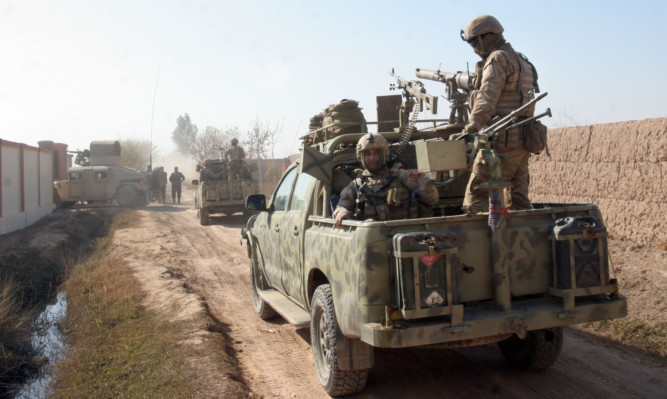Britain must be involved in bringing stability to Afghanistan, former foreign secretary David Miliband has said as fighting continued in a key town under siege by the Taliban.
Military reinforcements are now supporting forces on the ground in Sangin, according to the district governor in Helmand, after the Taliban took control of a number of strategic sites.
Mr Miliband, who heads the International Rescue Committee in New York, warned that the situation was “on the verge of becoming desperate”.
He told BBC Radio 4’s Today programme: “We are paying the price of missed opportunities in the second term of president (Hamid) Karzai from November 2009 for five years.
“I think that for Britain now – given the level of sacrifice but also the importance strategically of Afghanistan of an entry point into central Asia, as a potential expansion ground for Isis and others – I think it is important for Britain to be part of the overall strategy to stabilise the country. Above all that needs to be a political strategy.”
A team of around 10 British troops has been deployed to help local forces but the Ministry of Defence (MoD) insisted the team is working in an advisory role only.
The soldiers were mobilised to Camp Shorabak in Helmand as part of a wider Nato mission following days of fighting.
Helmand distict governor Mohammad Jan Rasoulyar told the BBC the army was “now taking the fight to the Taliban”.
